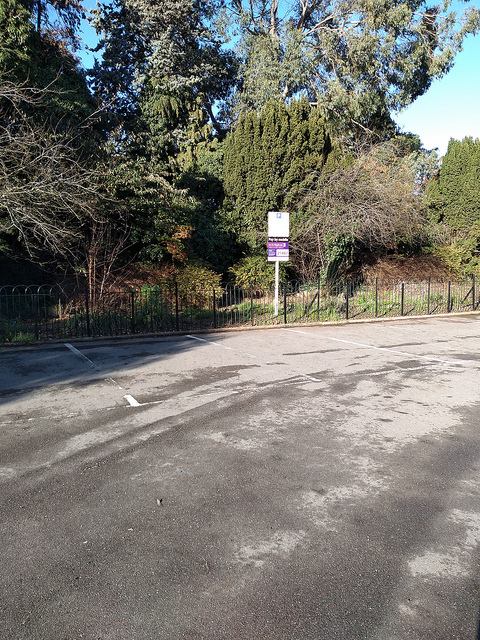Many people assume that all kids are "digital natives" and that, crucially, they all have access to (a) digital devices and (b) are able to get online easily. None of these assumptions is true, and in the UK The Learning Foundation has recently set up an initiative to tackle the problem.
It's not just about having shiny devices in order to play online games (although that's important too, in my opinion). As the press release from the Learning Foundation says:
"Digital exclusion can lead to poorer health outcomes and a lower life expectancy, increased loneliness, social isolation, and less access to jobs and education. It can mean paying more for essentials, financial exclusion and an increased risk of falling into poverty. There is also a risk that digitally excluded people lack a voice and visibility, as government services and democracy increasingly move online. [See below also.]"
The Learning Foundation will work with a number of partners over the next half year, trying out different approaches by which to address the issue. It draws on a couple of reports, linked to in the press release, which make for sobering reading. For example, around 700,000 youngsters cannot easily access the internet from home. This is a challenge, given that three quarters (76%) of those aged 11-15 say they would find it difficult to complete their schoolwork at home without the internet.
Of course, the issue is not unique to the UK. In the USA, for example, a Pew report in 2015 found that around 5 million kids are unable to access the internet through broadband at home. One approach to tackling the problem is having wifi-enabled school buses.
I also thought I'd mention, even though it's not perhaps directly relevant to most teachers, that it's becoming increasingly hard in Britain for people to access the services and benefits to which they're entitled. This is especially true for older people, as this report makes clear.
In case you were wondering, the photo above was one I took in the car park of a park near where I live. There is no parking meter, just a notice telling you where to phone or text in order to pay for parking. So if you don't have a mobile phone, like many elderly people, then as far as I know you can't park there.
Anyway, do check out the Learning Foundation's initiative.
This article first appeared in the Digital Education newsletter in April 2019.

